A co-operative is a democratic organisation, owned and controlled by its members for a common benefit. It can be formed to provide goods or services to its members, or to supply goods or services to the general public.
Members of a co-operative can benefit through the combined purchasing, distribution or marketing power or influence of the group. They share in the group’s investment and operational risks and losses, as well as its benefits.
Unlike private companies, co-operatives do not have a limit on membership numbers. Their ‘one member, one vote’ system also differs from public companies, where voting rights link to share ownership.
In a co-operative:
- all members have equal status and voting rights
- no members can hold more than 20 per cent of shares
- all active members can nominate as directors and elect directors
- capital is used for the group's common interest.
When a co-operative is formed, it has its own legal identity separate from its members. A co-operative can:
- enter into and enforce contracts. This includes the ability to hold, acquire and deal with property
- sue or be sued
- continue regardless of changes to membership.
There are benefits as well as obligations from incorporating as a co-operative. For example, directors have similar responsibilities to those of company directors. The co-operative must maintain proper financial and membership records and registers. Members must approve decisions which have a significant impact on the co-operative.
The name of a registered co-operative always:
- includes the word ‘Co-operative’, ‘Co-op’ or ‘Coop’ and
- ends with ‘Limited’ or ‘Ltd’.
Where to next?
This page has been produced and published by the Consumer Building and Occupational Services Division of the Department of Justice. Although every care has been taken in production, no responsibility is accepted for the accuracy, completeness, or relevance to the user's purpose of the information. Those using it for whatever purpose are advised to verify it with the relevant government department, local government body or other source and to obtain any appropriate professional advice. The Crown, its officers, employees and agents do not accept liability however arising, including liability for negligence, for any loss resulting from the use of or reliance upon the information and/or reliance on its availability at any time.

